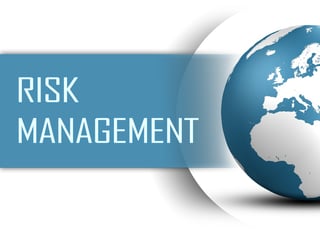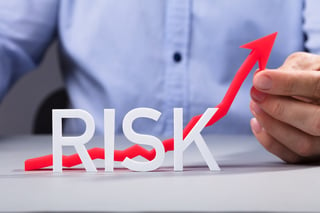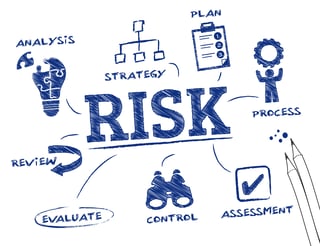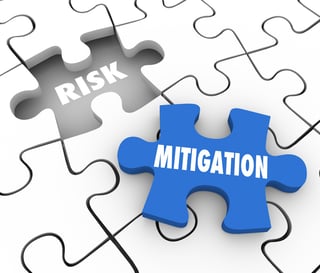By: Varlene Guischard, Marketing Officer, UWI-ALJGSB
The importance of compliance and risk management has significantly increased over the past few years due to numerous scandals and failures from corporations both locally and internationally. There is a persistent need to build an effective, risk-aware culture at all levels as the risk intelligence of workers is one of the factors that defines and separates business success from business failure.

Risk management capabilities critical to organizational performance.
According to a 2011 survey conducted by the Harvard Business Review Analytic Services, in addition to a risk-aware culture, the following risk management capabilities are critical to organizational performance:
- Linking risk information to strategic decision making
- Embedding risk management practices and responsibilities within strategy and operations
- Ensuring that all decisions remain within the organization’s risk tolerance
- Driving risk mitigation activities
- Proactively identifying current and emerging risks

The study conducted by the Harvard Business Review further went on to state that in order to establish effective enterprise risk management processes, the following five (5) lessons must be adhered to:
- Risk management needs to have a clear “owner” to be effective
- Risk management and corporate goals must be integrated
- Companies must manage risk proactively
- Companies must look deeper and wider to determine what their most serious risks will be in the long run
- Companies must break down silos and managerial bottlenecks

Key indicators of success for integrating an effective risk culture are board level support and the incorporation of a Chief Risk Officer (CRO), charged with the responsibility of risk management. It is imperative that the CRO works closely with the CEO and line managers to ensure the smooth integration of the risk management processes.
Simply stated, risk management is imperative for success. Subsequent to determining the effectiveness of existing risk and compliance programs, organizations should seek to implement the aforementioned risk management capabilities and adhere to the five lessons mentioned above. This will give rise to a risk resilient organization capable of mitigating risks, increasing the probability for sustained growth.

Should you wish to learn more about compliance, risk and responsibilities at the Arthur Lok Jack Global School of Business click HERE


